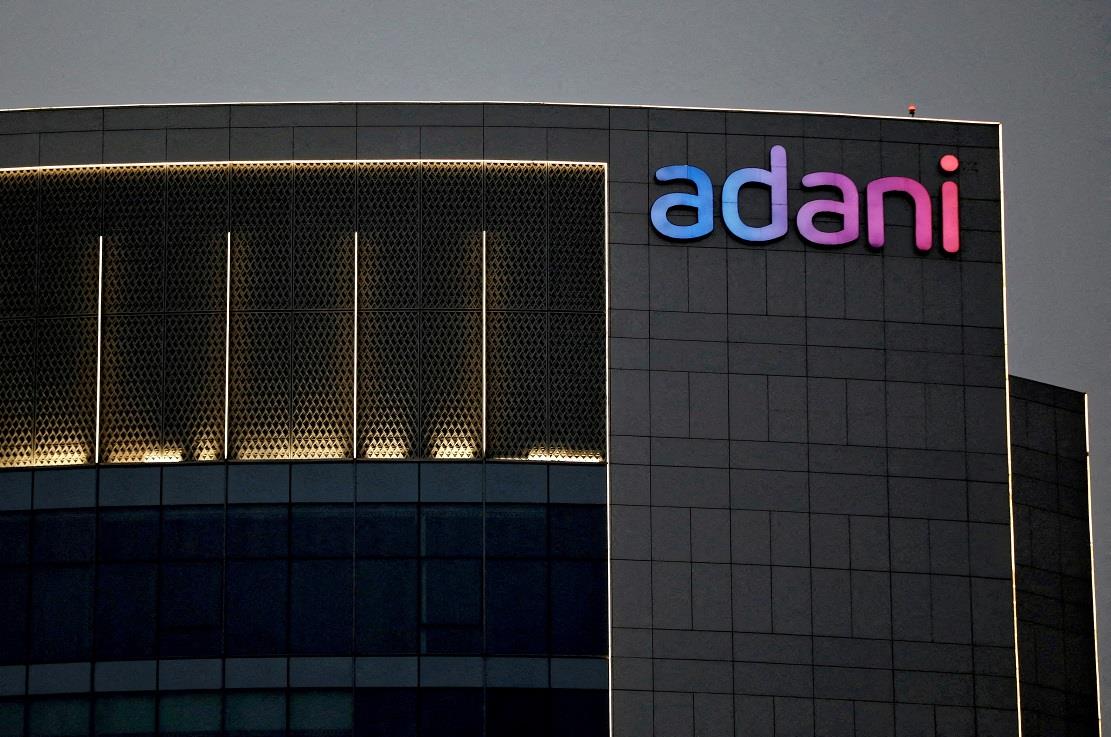
By K Raveendran
Irrespective of the outcome of the batch of petitions in the Supreme Court against the SEBI investigations into the charges levelled by US-based short-selling firm Hindenburg Research against the Adani group of companies regarding violations of stock market regulation, it is most likely that short selling would emerge as the villain of the piece.
The apex court has completed hearing on the petitions, which have doubted the credibility of the SEBI probe on various grounds, including a conflict of interest on the part of some members of the expert panel conducting the probe, and reserved its judgment. At the same time, the court has provided clues on how it approaches the issue.
Chief Justice DY Chandrachud has expressed serious concern about the extreme volatility caused in the stock market as a result of short-selling and has suggested tightening of regulations against the practice, which has its own role in ensuring transparency in the market, but has become the whipping boy whenever markets crash. The value of Adani group shares had tanked in the wake of the US short-selling specialist revealing serious malpractices by the group to artificially inflating prices. Although a couple of the group companies have since bounced back since then, Adani group market capitalisation is still down by more than $100 billion.
The court has questioned the propriety of taking the Hindenburg report’s findings as gospel truth, at the same time calling upon SEBI to take steps in the future to ensure that the loss of investor wealth due to instances of short-selling is obviated. It is gratifying that the court has only asked for greater regulations rather than a ban. But he key focus of the entire exercise appears to be the potential of the short selling practice to cause market downfall, rather than the need to eliminate the tendency of companies manipulating share prices to create bubbles in asset values.
The Indian stock market has been highly overpriced, with the price-earning ratio perked up at unjustifiably higher levels, creating the risk of a crash at all times. When fundamentals are wrong, it allows short-sellers plenty of room to operate, which means the practice operates as a counter-weight to manipulations. Shorting serves as a great corrective against corporate impropriety, which forces companies to be on their guard. The threat of shorting keeps companies to be beware of questionable practices as when it is detected it can damage a company’s prospects in the market for ever.
Market regulators have been slapping bans on short-selling in specific sectors when the practice aggravates market declines. But a complete ban on the practice, something that regulators in emerging markets consider from time to time in their bid to shore up their stock markets, will do more harm than good. This was widely used during the pandemic, which caused most markets to crash.
This had prompted the World Federation of Exchanges to criticise the bans on short selling. “Banning short-selling interferes with price formation, thereby increasing uncertainty. That can only artificially amplify volatility and probability of default, the opposite effect to that claimed, and hampers the ability of markets to serve the real economy. It is not – and never has been – true that bans have any other, positive effect on market activity or price levels,” the federation said in a statement.
It said that unlike circuit breakers and other safeguards put in place by exchanges to slow markets down in times of stress, short-selling bans inhibit orderly markets rather than promote them. Circuit breakers allow participants time to assimilate information, with the effect of making trade-execution decisions more informed. Short-selling bans, by contrast, prevent market participants trading as effectively as possibly, thereby making price information less accurate. They consequently undermine the crucial and valuable role that exchanges play in establishing the definitive, authoritative price for financial instruments at any given time.
Falling prices indicate that companies are expected to be less profitable in the future. But even in a declining market, short-selling is only a small part of market activity, notably compared with sales of existing long positions, the federation pointed out. Short-selling bans risk reinforcing the false notion that the revaluation of prices reflects a deficiency in the market – rather than a change in the value of the asset. (IPA Service)
The post Pleas Against SEBI’s Adani Probe: Greater Focus On Investor Loss Than Market Efficiency first appeared on Latest India news, analysis and reports on IPA Newspack.


